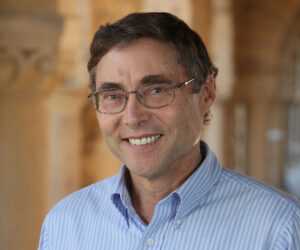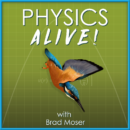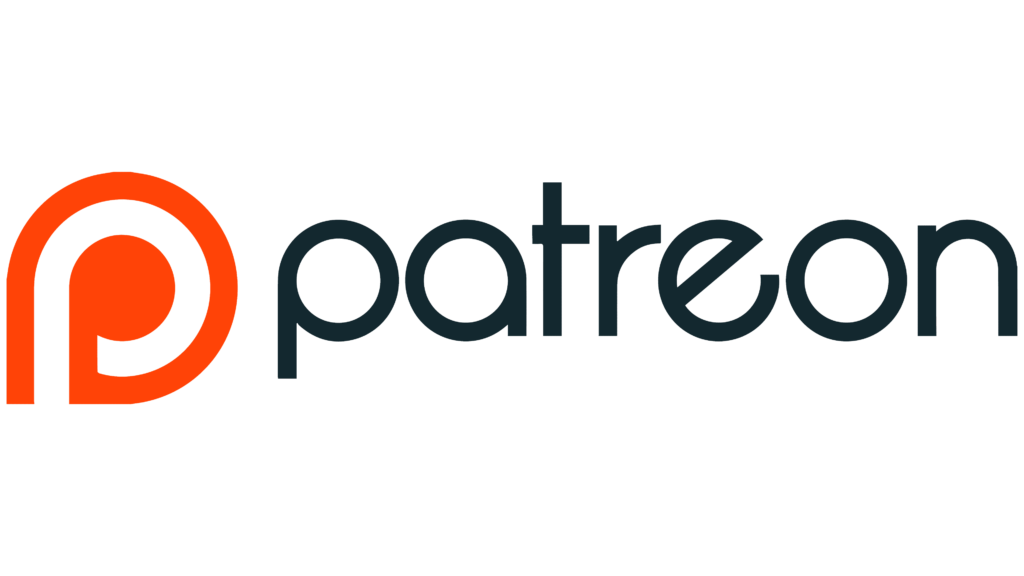The Physics Alive Podcast

Episode #30
Teaching Expertise with Carl Wieman
Today I’m speaking with Carl Wieman, 2001 Nobel Laureate, Professor of Physics and Professor of the Graduate School of Education at Stanford University, and recipient of the 2020 Yidan Prize, the world’s largest prize in education. He answers the question: How do people learn to make better decisions? “They practice them, and they get feedback on that practice, and they practice some more. If you practice something very intently, your brain changes the connections to be better at doing it.” We discuss what he has uncovered in his scientific study of teaching and learning.
Support Physics Alive on Patreon!
https://www.patreon.com/physicsalive
Physics Alive is on Slack. Join the Slack workspace.
You can also leave comments and share discussion on the Physics Alive Twitter feed.
Today's Guest:
Carl Wieman
Learn more about Carl Wieman and his work:
Episode Notes and Resources
Toward the end of the episode, Carl mentions a series of three papers. Each paper discusses courses that are all taught with same set of principles. Those principles are: Practicing the thinking you want students to do, monitoring that, do timely feedback, and then letting them go back to practicing.
- Improved Learning in a Large-Enrollment Physics Class
- Transforming a fourth year modern optics course using a deliberate practice framework
- Active learning in a graduate quantum field theory course
What are some resources for new teachers or a teacher wanting to do something new?
- AAPT New Faculty Workshop is the best existing thing.
- Two books on Carl’s shelf:
- The CWSEI website. They have developed a lot of resources for instructors.
Quotes from the episode:
- The real value of [physics] courses, or of education, is to be able to make decisions. This idea of using learning to make decisions is a really critical one that doesn’t get enough attention.
- How do people learn to make better decisions? They practice them, and they get feedback on that practice, and they practice some more. If you practice something very intently, your brain changes the connections in there to be better at doing it.
- If we want to have teachers teach better, you gotta think about how you evaluate and reward people. Faculty do what they are rewarded for. We have lousy ways of measuring teaching effectiveness, almost all just based on student surveys. To effect teaching at the individual level, we have to start with higher up.
- In education: It’s a big change in culture, it’s a big change in people’s expectations. There must be a recognition that we’ve got data, we’ve got evidence. And then the recognition that we should be setting different standards [for new faculty] and then we should figure out how we are gonna train them to meet those standards. There’s a whole lot of pieces associated with a very fundamental shift in the belief system and societal expectations.
- Lecture is the pedagogical equivalent to bloodletting.
- There is expertise in the science, but there is also expertise in the teaching of that science.
- It’s just so easy to fool yourself as to what students are learning from your really thoughtful carefully prepared [lecture]. You’ve gotta be scientific about it. You really need to test what they are learning.
- We started really probing: what are students learning from the laboratory experience? And it was really almost nothing. We have really good data saying the learning of physics content from introductory instructional labs is really close to zero. [My response: I’m really not that surprised.] It may not surprise you, but it should horrify you.
- The correct and different paradigm of learning is that the brain is changing through the mental activities it’s doing. And so if it’s thinking really hard about how to do things, and practicing, the neurons hook up in different ways, and those new rewired neurons give the brain new capabilities. So the learning process is the development, or rewiring, of the brain in a more effective way.
- They are simple ideas that took me 30 years to realize and understand they were simple. They are simple in some ways but profound in others.

